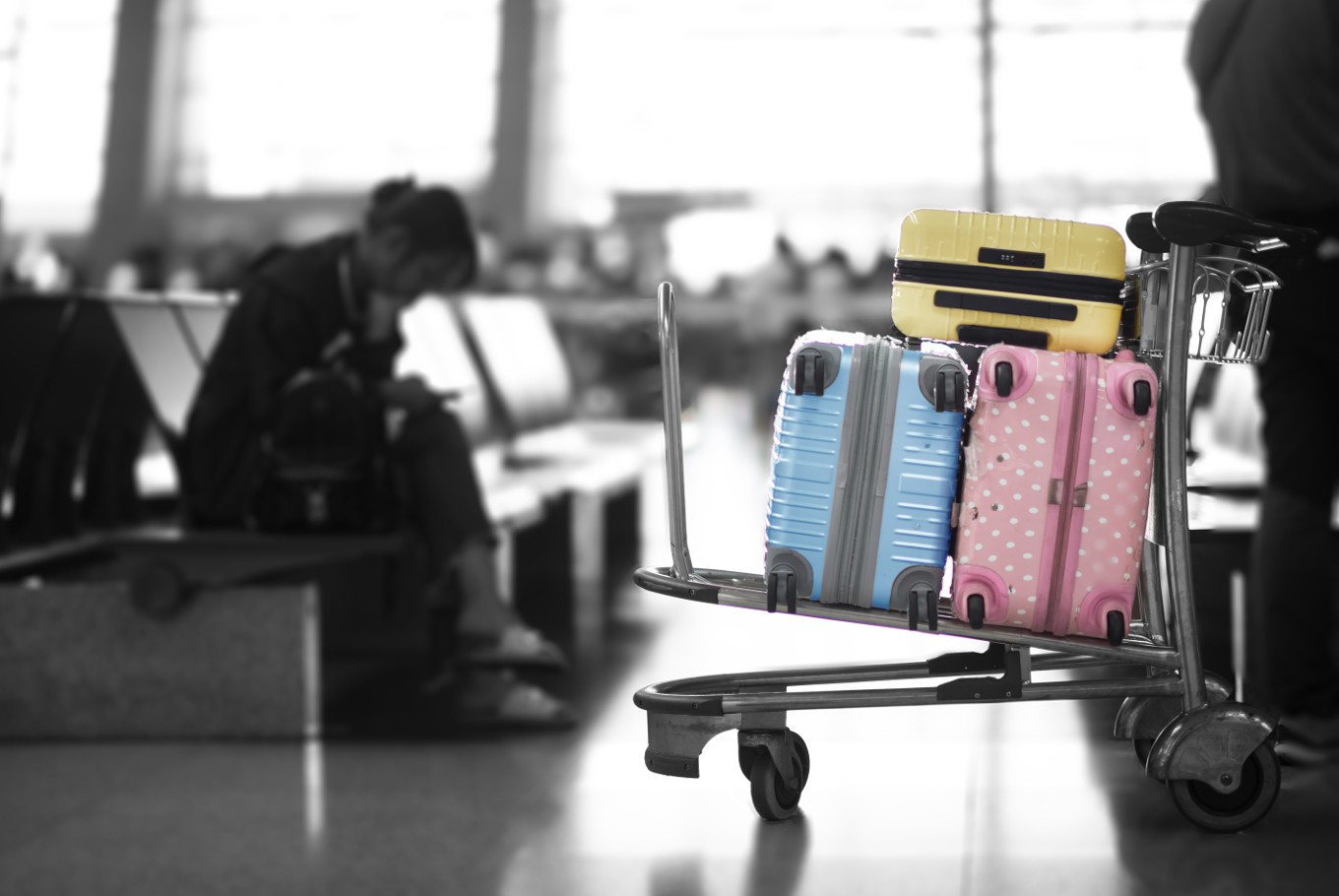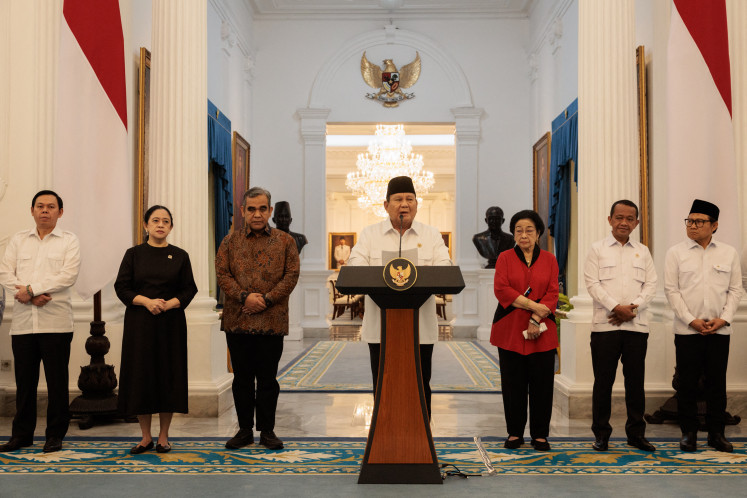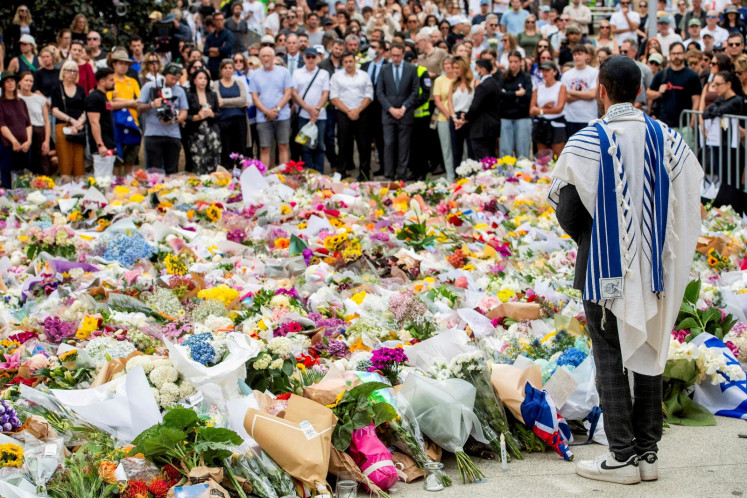Popular Reads
Top Results
Can't find what you're looking for?
View all search resultsPopular Reads
Top Results
Can't find what you're looking for?
View all search resultsEDITORIAL: Reassessing import tax ceiling
The current ceiling, set in 2010, no longer makes sense, given the nation’s economic achievements over the past seven years.
Change text size
Gift Premium Articles
to Anyone
 According to the Tourism Ministry, around 8 million Indonesians last year travelled overseas, notably to freetrade areas in Singapore and Hong Kong, and they had a high propensity to shop either for souvenirs for relatives and members of their extended families back home or luxury fashion goods. But these goods are mostly for personal use. (Shutterstock/File)
According to the Tourism Ministry, around 8 million Indonesians last year travelled overseas, notably to freetrade areas in Singapore and Hong Kong, and they had a high propensity to shop either for souvenirs for relatives and members of their extended families back home or luxury fashion goods. But these goods are mostly for personal use. (Shutterstock/File)
A
n uproar on social media has prompted the Customs and Excise Directorate General to review the ceiling on the value of goods travellers are allowed to bring into the country without paying duty. In our view, quadrupling the ceiling to US$1,000 per person or $4,000 per family would be appropriate as it would not result in a balance of payments crisis or provide unfair competition to domestic industries.
The current ceiling, set in 2010, no longer makes sense, given the nation’s economic achievements over the past seven years. In fact, the customs office should admit that it previously adopted a rather relaxed attitude on imported goods brought in by travelers; it was seemingly of the view that the maximum value of non-dutiable goods was too low.
But when it changed its stance a few weeks ago and embarked on a full-fledged enforcement of the 2010 regulation, the public’s reaction was negative.
A recent viral video and stories on social media of Indonesian citizens arriving from overseas and going through the green (nothing to declare) customs lanes at the Jakarta and Medan international airports indicates that our customs officials enforced a new regulation to collect more taxes and duties. The much higher target of tax and customs duty revenues set in the state budget validates such a conclusion.
We understand and support the regulation, which stipulates that everyone arriving at ports of entry in the country, including Indonesian citizens, is subject to inspection by customs to check whether they carry dutiable goods above the allowance limit. That is the standard rule worldwide.
But the root of the problem is the low ceiling. Following a steady increase, per capita income has now reached around $3,800, as high as $10,000 on the basis of purchasing power parity (PPP) — the exchange rate of the rupiah against the US dollar, taking into account the prices of goods or services in each country.
According to the Tourism Ministry, around 8 million Indonesians last year travelled overseas, notably to freetrade areas in Singapore and Hong Kong, and they had a high propensity to shop either for souvenirs for relatives and members of their extended families back home or luxury fashion goods. But these goods are mostly for personal use.
After all, the main task of customs officers is not to raise revenue, but to prevent the smuggling of dutiable or excisable goods to protect the domestic manufacturing industry from unfair competition.
Hence, customs checks are conducted at random and only when there are strong suspicions that travellers violated the customs regulation.
Otherwise, arriving passengers without dutiable goods to declare can swiftly pass through the green lanes.









